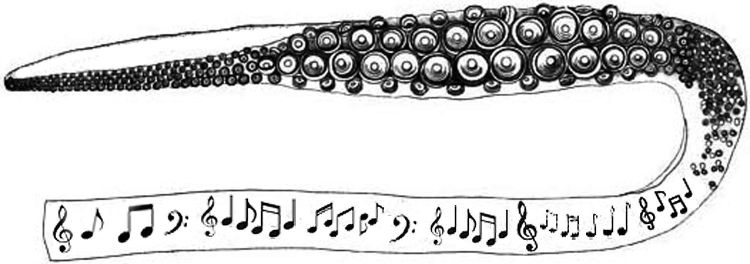 I once heard a radio presenter say she suspected Dmitri Shostakovich always had his tongue firmly planted in his cheek when composing. I was gobsmacked. I can think of no other composer capable of presenting such unrelenting pain, anger and suffering than Shostakovich. That can make him hard to listen to at times, I don't listen to his string quartets regularly, but it also makes for some amazing music.
I once heard a radio presenter say she suspected Dmitri Shostakovich always had his tongue firmly planted in his cheek when composing. I was gobsmacked. I can think of no other composer capable of presenting such unrelenting pain, anger and suffering than Shostakovich. That can make him hard to listen to at times, I don't listen to his string quartets regularly, but it also makes for some amazing music.His second piano trio is one of my favourite pieces. It delivers pain absolutely, there is great sorrow in it, especially in the haunting violin refrain in the opening and closing movements, but it is always moving. Some of the string quartets become whirlpools of sadness that drag you into the dark, this piano trio gives you no time for such morbidity. It is more like a cold river, pulling you on, sometimes slower sometimes faster, even bouncing you over rapids, but always forwards. It is not a happy river, but it is beautiful.
I discovered it years ago on an old Naxos album, but I was very excited today when I found it's included in the Seraphim Trio's monumental new release Trio Through Time on the ABC Classic label. Their playing is superb, lending just the right amount of energy to each phase of the river with the crystal clarity of clear, flowing water - hats off to the sound engineer as well. I look forward to listening to more of this extensive recording.






